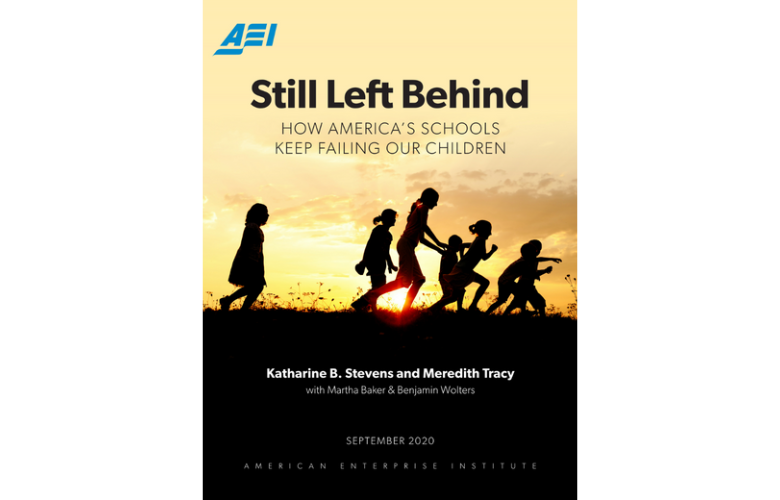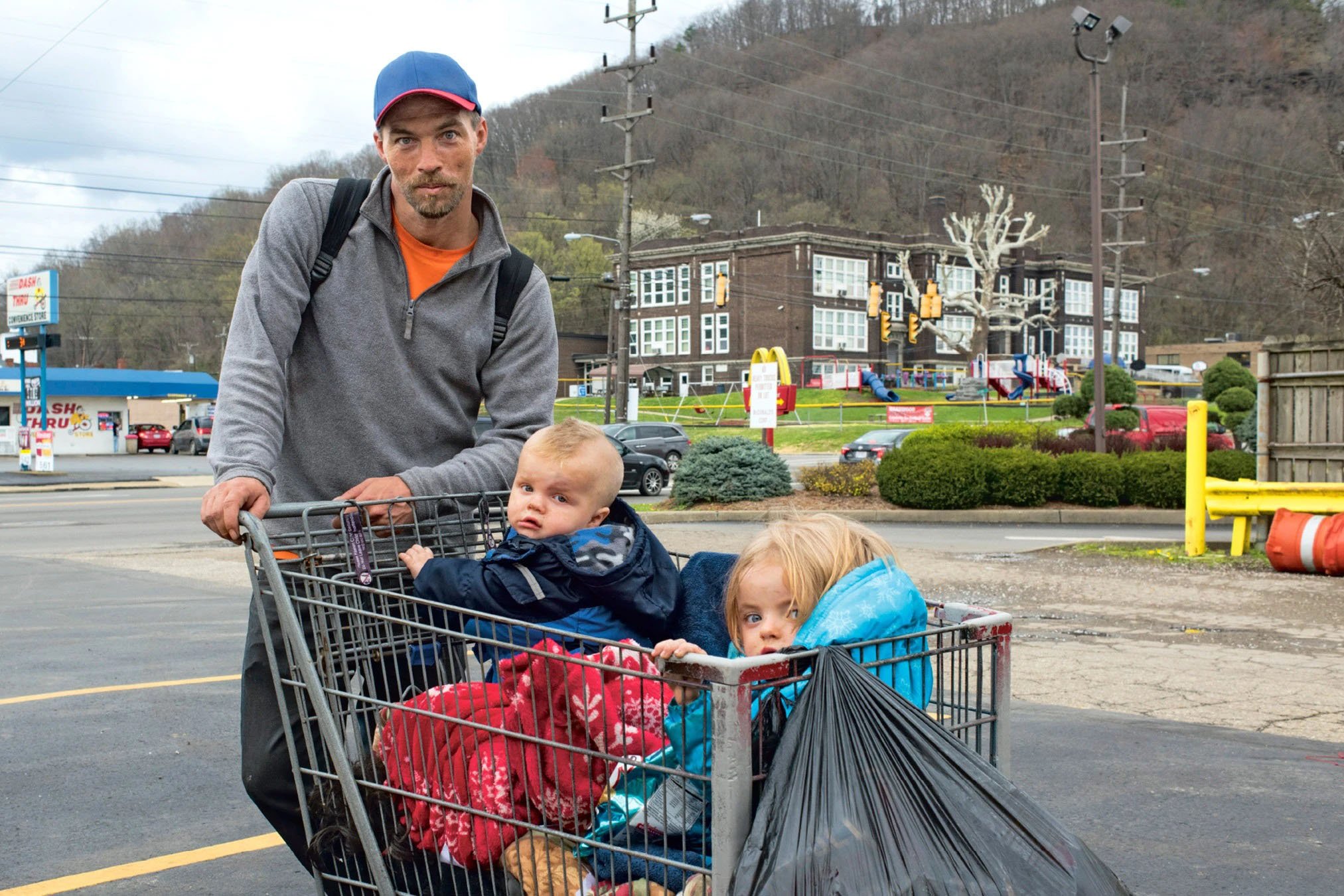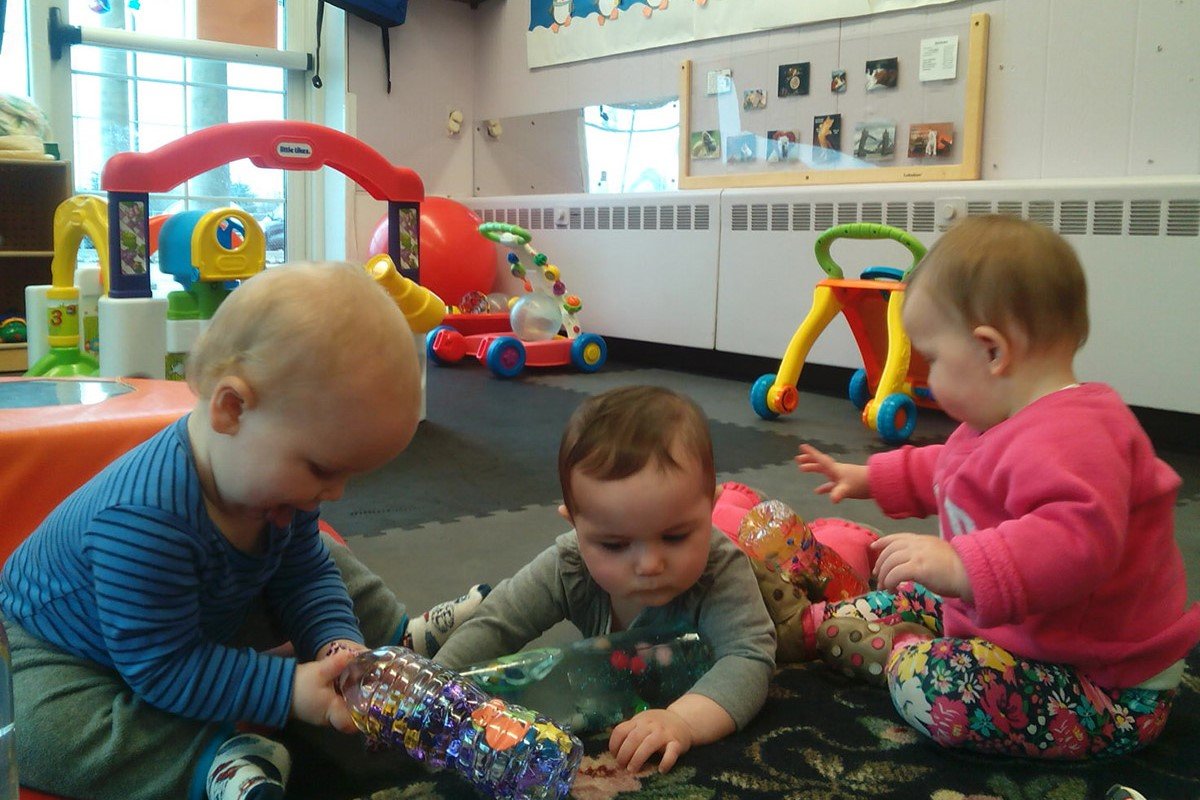All Work
Early Childhood Education
Why Children Can’t Read — and What We Can Do About It
Early reading proficiency is a crucial predictor of school, work, and life success. But a deeply flawed idea about how to teach reading is widening early inequalities, setting millions of children up to fail.
Closing the Achievement Gap | IN 60 SECONDS
Research tells us that the achievement gap doesn’t originate in schools; a half century of history tells us it can’t be closed by schools either.
Still Left Behind: How America’s Schools Keep Failing Our Children
One-third of lower-income eighth graders still fail to demonstrate even minimal competence in reading and math, and wide achievement gaps persist in every state, despite decades of ever-intensifying school reform and steadily increased spending,
Expanding New Mexico State Pre-K Would Be A Costly Mistake
A state-funded New Mexico study reports “statistically significant” improvements in children’s outcomes, which in real life are essentially meaningless.
Joe Biden's Plan for Universal Preschool Forgets Key to Children's Success: Parents
Research on the effects of preschool are actually showing the effects of parenting. Preschool doesn’t cause better long-term outcomes — it predicts them.
A Century of Working Women and the Future of Family Childcare
For the centennial anniversary of the Women's Bureau, three childcare experts join Katharine Stevens for a special webinar on family childcare. What is uniquely valuable about home-based childcare? What is causing its decline? How can we restore this crucial sector — especially in a post-COVID-19 world?
How Networks Can Help Family Childcare Businesses Succeed
Leaders from Wonderschool join Katharine Stevens to explain their new technology-based initiative for family childcare networks, which was named one of Fast Company’s 10 most innovative education companies of 2019.
Why Expanding New Mexico State Pre-K Won't Help the Children Who Need Help the Most
New Mexico’s Legislative Finance Committee (LFC) recently concluded that “prekindergarten remains a cost-effective way to improve student outcomes.” But the data they present cites does not support that conclusion.
Improving Outcomes for New Mexico Children — Tipping Point New Mexico
Katharine Stevens joins Paul Gessing to discuss the New Mexico Legislative Finance Committee’s recently-released study of the state’s pre-K program, its implications for state pre-K policy, and better ways to improve outcomes for the state’s children.
The Case for Home-Based Child Care
Small in-home centers care for fewer kids at a time, which means less opportunity for disease transmission — and more opportunity for small-business owners.
A Century of Working Women and the Future of Family Childcare
For the centennial anniversary of the Women's Bureau, three childcare experts join Katharine Stevens for a special webinar on family childcare. What is uniquely valuable about home-based childcare? What is causing its decline? What is needed now to restore this crucial sector — especially in a post-COVID-19 world?
The Childcare Crisis Is in K-12, Not Early Childhood
High-quality early care — whether at home, a childcare center, or grandma’s house — matters greatly to young children’s healthy development. But to get the economy going again, the critical problem is care for school-age children.
Is Universal Child Care Universally Beneficial?
Nobel laureate James Heckman recently made waves among early childhood advocates when he said he is not a promoter of universal pre-K. In this episode, Katharine Stevens joins Ian and Naomi for a riveting discussion on James Heckman’s research and the case for providing targeted, high-quality care to disadvantaged children rather than universal pre-K.
Practical Perspectives on “A Roadmap to Reducing Child Poverty”
The National Academies of Sciences, Engineering, and Medicine recently released a report, “A Roadmap to Reducing Child Poverty,” describing two packages of federal policies aiming to cut US child poverty by half within a decade. An expert panel joins Katharine Stevens to discuss the realistic prospects for the report’s proposals to improve children’s lives.
Workforce of Tomorrow: How Early Child Care Shapes Adult Employment
Katharine Stevens joins Brent Orrell to discuss how high quality child care matters to the quality of both the current and future workforce.
Helping New Families Flourish — Interview with Dr. Judith Van Ginkel
Dr. Judith Van Ginkel, president of Every Child Succeeds in Cincinnati, Ohio, joins Katharine Stevens to explain how her organization uses home visits to ensure that vulnerable parents can provide a safe home where their children can thrive.
Practical Perspectives on “A Roadmap to Reducing Child Poverty”
The National Academies of Sciences, Engineering, and Medicine recently released a report, “A Roadmap to Reducing Child Poverty,” describing two packages of federal policies aiming to cut US child poverty by half within a decade. An expert panel joins Katharine Stevens to discuss the realistic prospects for the report’s proposals to improve children’s lives.
What This Viral Video Shows Us About Early Development and Fatherhood
DJ Pryor’s two-minute viral video effectively highlights the profound importance of the day-in-day-out interactions that build strong relationships and strong brains.
The Socioeconomic Achievement Gap Hasn’t Budged in Half a Century. Now What?
A groundbreaking new study has found that despite enormous public investment, achievement gaps between wealthier and poorer children have remained unchanged over the past 50 years.
Decoding the Nonverbal Language of Babies — Interview with Dr. Beatrice Beebe
Dr. Beatrice Beebe joins Katharine Stevens to discuss her pioneering research on the surprisingly sophisticated communication between young babies and their caretakers.





















